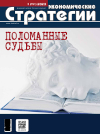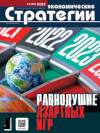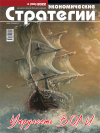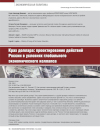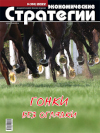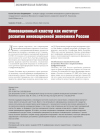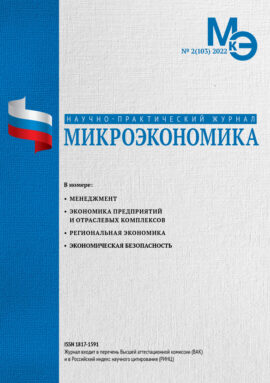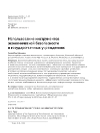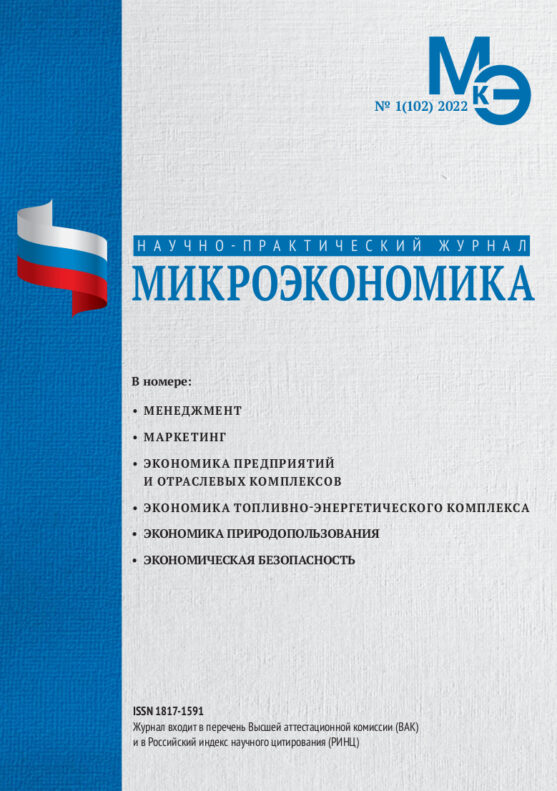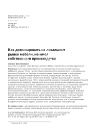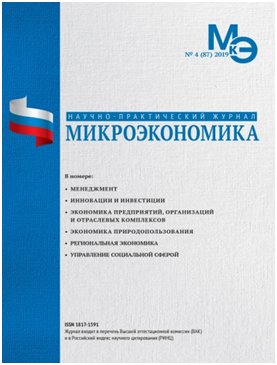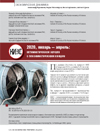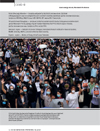Russian Economy — from Defensive Strategy to Ambitious One
DOI: 10.33917/es-5.191.2023.54-63
The Russian economy turned out to be at the forefront of changes occurring in the global economy. Usual paradigms of economic analysis and forecasting are no longer suitable for describing this situation. Macroeconomic indicators in the context of massive redistribution of assets provide an increasingly distor ted picture of the current and strategic advantages of countries and corporations, their economic oppor tunities and risks. The institutional approach, in par ticular the theory of mergers and acquisitions, is becoming more adequate to the present moment. A description of the conflict between Western countries and Russia in its language allows us to see both the mechanisms of transition from its “friendly” absorption in the 1990s to a “hostile” acquisition (essentially, to a raider tak eover in recent years), and new opportunities opening up for Russian economy thanks to a failed at tempt to capture it. Right now, it is impor tant not only to build a policy in order to counter sanctions, but also to formulate new ambitious strategic priorities. This will allow us to tak e advantage of new opportunities in a proper way.
References:
1. Balatskii E.V. Rossiya v epitsentre geopoliticheskoi turbulentnosti: nakoplenie global’nykh protivorechii [Russia in the Epicenter of Geopolitical Turbulence: Accumulation of Global Contradictions]. Ekonomicheskie i sotsial’nye peremeny: fakty, tendentsii, prognoz, 2022, vol. 15, no 4, pp. 42–59, DOI: 10.15838/esc.2022.4.82.3.
2. Doklad Stiglitsa o reforme mezhdunarodnoi valyutno-finansovoi sistemy: uroki global’nogo krizisa [The Stiglitz report Reforming the International Monetary and Financial Systems in the wake of the Global Crisis]. Doklad Komissii finansovykh ekspertov OON. Moscow, Mezhdunarodnye otnosheniya, 2012, 324 p.
3. Glaz’ev S.Yu. Poslednyaya mirovaya voina. SShA nachinayut i proigryvayut [The Last World War. USA Starts and Loses]. Moscow, Knizhnyi mir, 2016.
(Kollektsiya Izborskogo kluba.)
4. Yakovets Yu.V. Global’nyi tsivilizatsionnyi krizis — 2020 — start novoi istoricheskoi epokhi: Nauch. doklad. Prilozhenie. Novaya periodizatsiya istorii i budushchego tsivilizatsii, kapitalizma i sotsializma [Global Civilizational Crisis — 2020 — Beginning of a New Historical Era: Scientific Report. Appendix. New Periodization of History and the Future of Civilizations, Capitalism and Socialism]. Moscow, MISK, 2020.
5. Kotlikoff L., Berns S. Pensionnaya sistema pered burei: To, chto nuzhno znat’ kazhdomu o finansovom budushchem svoei strany [The Pension System Before the Storm: What Everyone Needs to Know About Financial Future of the Own Country]. Moscow, Al’pina biznes buks, 2005, 348 p.
6. Shirov A.A., Porfir’ev B.N., Edinak E.A., et al. Potentsial’nye vozmozhnosti rosta rossiiskoi ekonomiki: analiz i prognoz: Nauch. Doklad [Potential for Growth of the Russian Economy: Analysis and Forecast. Scientific Repor t]. Moscow, Artik Print, 2022, 296 p. (Nauchnyi doklad INP RAN), DOI: 10.47711/sr2-2022.


